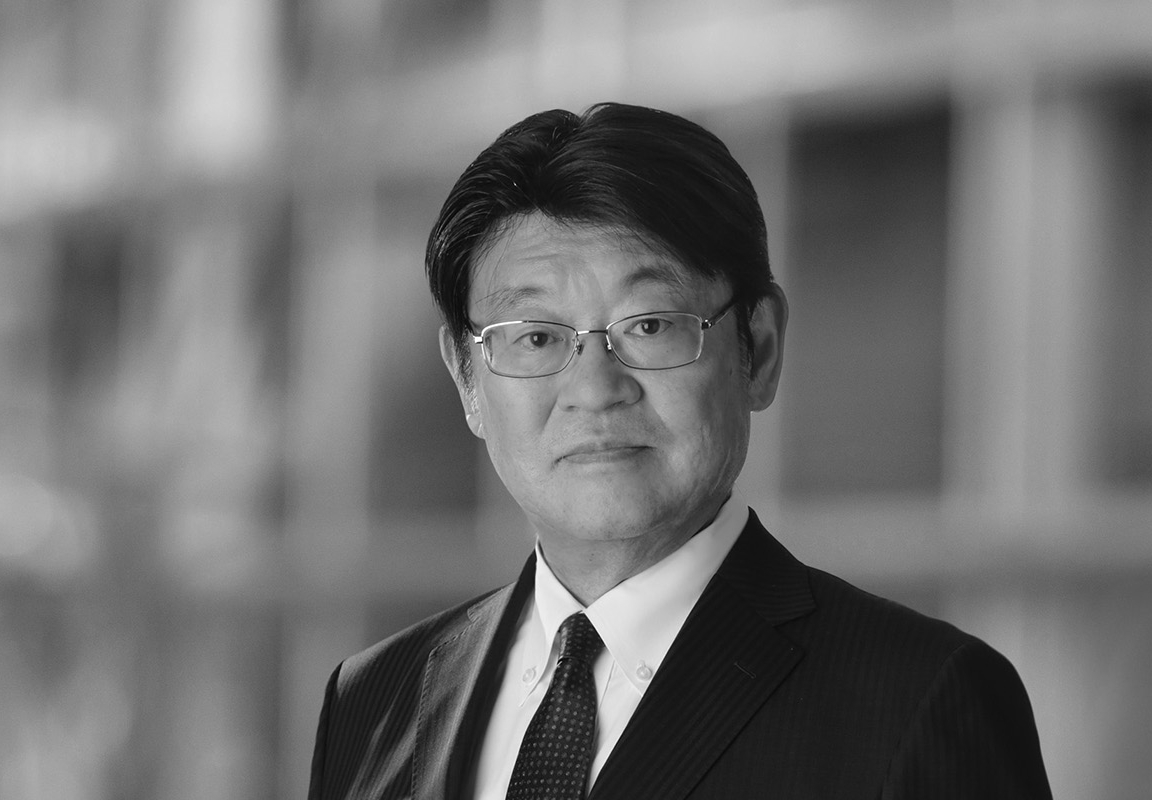
As we move into 2024, legislative reform is on the minds of competition regulators in the region as they turn to competition policy to address perceived challenges in market structures and limit the extent to which businesses can engage in practices that are unfair. This alert provides a snapshot of some of the prominent antitrust developments and proposals in the APAC region.
China
Merger Control
China has significantly increased the turnover thresholds for mandatory merger filing notifications to the State Administration for Market Regulation (SAMR), potentially reducing the burden for international businesses that deal in the jurisdiction.1
Worldwide turnover of all parties has increased from CNY 10 billion to CNY 12 billion (approx. USD 1.6984 billion), with at least two concentrating parties in China requiring turnover of more than CNY 800 million (approx. USD 113.2 million), up from CNY 400 million; or Chinese total turnover of 4 billion (USD 566 million), up from CNY 2 billion, with the two parties in China each having turnover of more than CNY 800 million required for mandatory notification. This is a doubling from the previous thresholds for turnover achieved in China.
Under the new order, SAMR is now mandated to investigate any failure to notify a transaction that meets the turnover thresholds. Failure to notify (or "gun jumping") penalties have increased from CNY 500,000 to CNY 5 million (USD 710,000) where the transaction does not raise competition concerns, and for those that negatively affect competition, the SAMR can impose fines of up to 10% of the acquirer's global revenue in the last fiscal year. SAMR is also mandated to investigate those transactions that have been "called in".2 This stronger stance on a failure to notify reinforces the need to notify in China where thresholds are met.
Unfair Competition
China recently changed the name of its Competition Policy and Evaluation Center (away from Big Data) and shifted its mandate to encompass unfair competition.3 This shift has been quickly followed by a statement made by the Ministry of Justice that it is proposing to "speed up the reform of the Anti-Unfair Competition Law". The Ministry of Justice has indicated that its focus on unfair competition practices is in response to "issues of business confusion, false publicity, commercial bribery, unfair competition on the Internet, etc." with the aim to improve the anti-unfair competition system and rules, increase the illegal costs of unfair competitive behavior and strengthen the protection of the legitimate rights and interests of all types of business entities.4
This focus on unfair competition is not isolated to China and is part of a global trajectory to implement legislation that protects the competitive process.
South Korea
Merger Control
South Korea's proposed reforms to its mandatory merger control regime, including an expansion to the exemptions that may apply for corporates to include private equity funds and parent-subsidiary mergers where there is unlikely to be an adverse competitive effect, are yet to be implemented.5 The objective of these changes is to reduce the reporting burden on certain entities, but businesses will need to continue status quo for now.
A new remedies framework has also been contemplated to enable the parties to propose remedies to the Korea Fair Trade Commission (KFTC) to address competition concerns arising from a proposed merger or acquisition. This is a shift away from a KFTC designed remedy and shifts South Korea towards a remedy framework in line with many other competition regulators globally.
Merger of interest
South Korea's two major airlines – Korean Air and Asiana - have just been granted clearance from the European Commission for their merger subject to compliance with certain commitments.6 The deal has received clearance from South Korea, China, Australia, Japan, Malaysia, Singapore, Taiwan and Vietnam, among others. It awaits clearance from the U.S.7
Australia
Merger Control
Australia's current informal, non-mandatory merger control regime is under review. The Competition Taskforce, established by the Government is currently reviewing Australia's competition policy to determine if certain provisions remain fit for purpose. The Taskforce has closed its consultation8 period on mergers, and the Government's views on any changes are expected in the coming months. The key issues of contention are:
- Mandatory merger control – a shift to a mandatory and suspensory regime
- Test to be applied – the test will remain whether a transaction has the effect or is likely to have the effect of substantially lessening competition. However, there is debate over the burden of proof of the Australian Competition and Consumer Commission (ACCC) in its decision making
- Appeal rights – whether any appeal will be a limited review on the merits of the ACCC's decision or a broader review, and the forum for that review
- Key outstanding matters yet to be resolved – filing thresholds, procedural elements, minimum filing requirements (documents and form), "call-in" powers and timelines.
Unfair Competition
The use of non-compete clauses has become a top priority for Australian Government with recent statistics showing that one in five businesses are relying on non-compete clauses. The Competition Taskforce9 will release an issues paper in April and a consultation period will follow. This focus follows a shift by global regulators to assessing the implications of non-compete clauses on competition.10
Australia continues to be a "watch this space!" jurisdiction.
Japan
Merger Control
The Japan Fair Trade Commission (JFTC) continues on a consistent basis, with no recent changes to its thresholds or assessment. The JFTC cleared the long running global review of the Korean Air's merger with Asiana, conditional on the divestiture of Asiana's cargo business. There have been no recent Phase II reviews undertaken by the JFTC.
Unfair Competition
The JFTC remains focussed on the conduct of digital companies following its policy statement in mid-2022 that it would seek to "improve a competitive environment that promotes innovation and corporate growth responding the rapid socioeconomic changes".11 The JFTC has recently commenced engaging proactively with businesses and is seeking information from the public on potential anti-competitive conduct in digital markets.
Indonesia
Regulator update
Indonesia inaugurated nine Commissioners of the Indonesia Competition Commission (KPPU) for the 2024-2029 period in January 2024, with the Chairperson indicating that it will be focussed on supervision in "sectors with the lowest or below average of the National Competition Index over the past five years. Namely, the energy and mineral resources sector, such as gas, electricity, and mining; and the construction sector. Meanwhile, the digital market and food will remain the main focus in this period".12
Competition law in the region continues to shift, as the global inflationary environment puts pressure on governments to address increased costs of living - ensuring that market concentration is not adding to increases in price of goods or services, the immobility of workers through labour restraints is not to the detriment of innovation and acquisitions do not prevent future competition. We expect a continuation in competition policy reform in APAC over the year ahead.
1 If a transaction may have the effect of excluding or restricting competition, a filing is still likely to be required to SAMR notwithstanding filing thresholds. Merger parties should always seek advice on the application of competition laws in each jurisdiction.
2 See State Council Order, Public Notice 773.
3 Guo Qiwen, Head of the Second Bureau of Legislation of the Ministry of Justice, 5 Feb 2024.
4 See above.
5 The exemptions that may apply under the Monopoly Regulation and Fair Trade Act are complex and advice should always be sought as to whether these apply for each transaction.
6 Acquisition of Asiana by Korean Air (europa.eu)
7 Korean Air gets approval from the EC on Asiana merger | Korean Air
8 The future of competition law in Australia - the Competition Taskforce takes shape | White & Case LLP (whitecase.com)
9 Australian Government consults on merger reform | White & Case LLP (whitecase.com)
10 Treasurer Jim Chalmers flags crackdown on non-compete clauses (afr.com)
11 See the White & Case Global Non-Compete Resource Center for details on global positions - White & Case Global Non-Compete Resource Center (NCRC) | White & Case LLP (whitecase.com)
12 JFTC's policy to actively promote competition in response to social economics, such as digitalization: Coordinating and strengthening advocacy and enforcement | White & Case LLP (whitecase.com)
13 President Inaugurates KPPU Commissioners for 2024-2029 Period – KPPU RI
White & Case means the international legal practice comprising White & Case LLP, a New York State registered limited liability partnership, White & Case LLP, a limited liability partnership incorporated under English law and all other affiliated partnerships, companies and entities.
This article is prepared for the general information of interested persons. It is not, and does not attempt to be, comprehensive in nature. Due to the general nature of its content, it should not be regarded as legal advice.
© 2024 White & Case LLP




